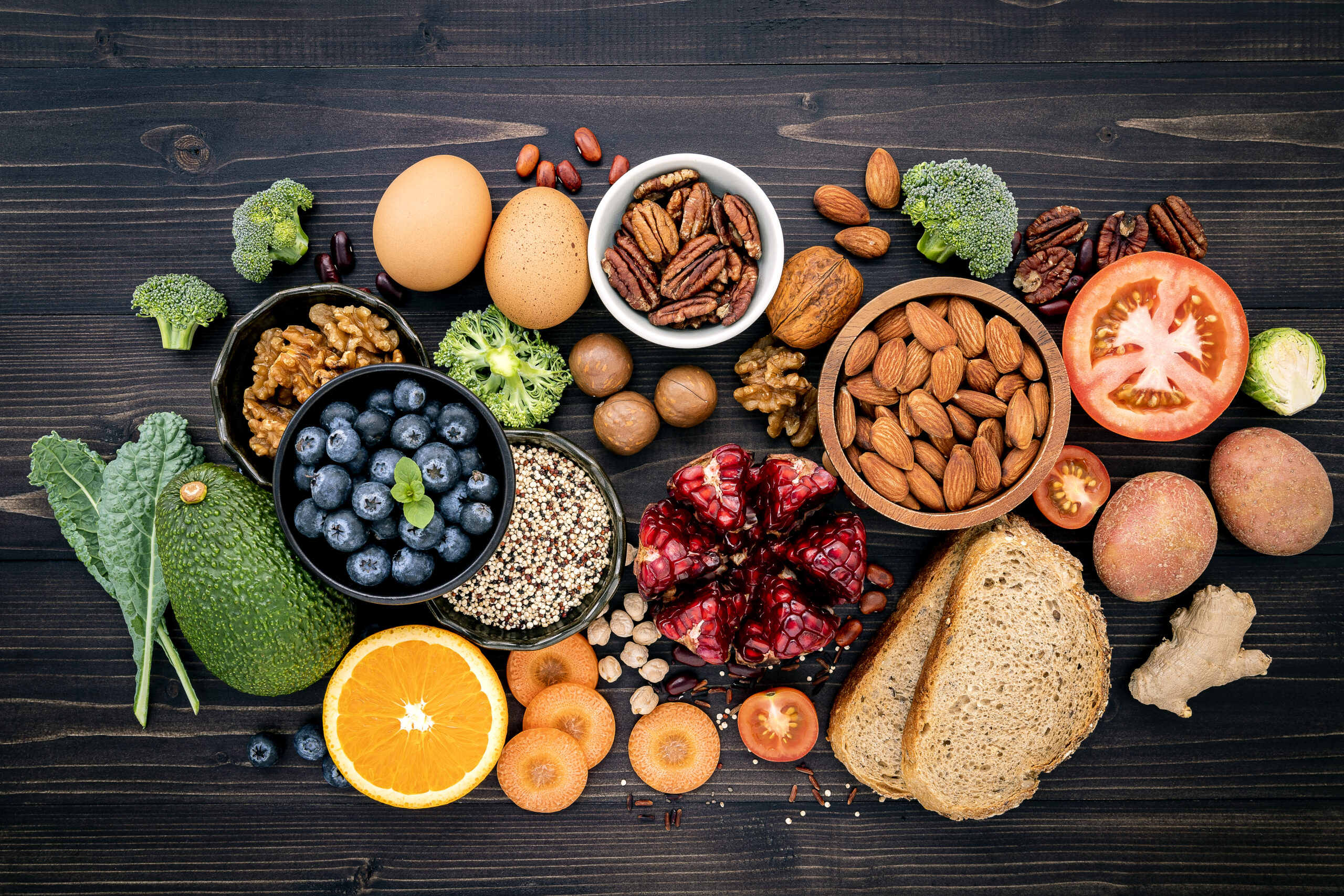BY SOO KIM
Millions of animal-loving Americans may be giving up meat, but their pets are still munching through tons of it—a fact many vegans and vegetarians may find hard to swallow.
A 2020 poll by Gallup found that 23 percent of adults in the U.S. claim they have reduced how much meat they consume. When asked how often they eat meat, such as beef, chicken, or pork, two in three U.S. adults said they eat it frequently, while 23% said they eat meat occasionally, and 7% rarely eat it. According to the poll, the biggest factor in reducing meat consumption was due to health concerns – nine in 10 said it was the major (70%) or minor reason (20%) behind their decision to cut back on meat.

The average cat chows down on approximately 86 pounds of meat and animal by-products in their food every year. That is the raw meat equivalent of about eight salmons and 13 chickens!
Eager to protect the planet, veterinarian Dr. Arielle Griffiths went vegan four years ago at the age of 52. She was also concerned about the pet obesity epidemic, so she decided her dog Ruff should make the change and try to eat ethically too.
“As a vet, I really wanted to do something about it,” Griffiths told Newsweek. She set about finding the perfect diet for Ruff and now feeds him homemade vegan meals and is also director of the Just Be Kind dog food company.
Interest in vegan diets for animals has surged in recent years, driven by a steady rise in pet ownership as well as environmental, health and welfare concerns.
By 2030 there will be 100 million dogs in the United States, up from 85 million in 2020, according to American Veterinary Medical Association projections.1 It is forecasting an even bigger rise in the cat population, from 65 million in 2020 to more than 82 million.

Those pets consume a lot of animal protein. A 2022 report2 from Kansas State University researchers states that pet foods use 1.83 million tons of meat, poultry and organ by-products each year. It also points out that the U.S. meat industry produces 8.9 million tons of rendered protein meals each year and pet food accounts for 1.5 million tons of the total.
For Dave Neale, animal welfare director at the charity Animals Asia Foundation, this means dog and cat owners in particular are “responsible for the raising and slaughter of many billions of animals each year, often within deplorable conditions that lead to their suffering and death.”
Animal welfare concerns include chickens suffering pain from beak trimming, pigs having their tails cut off, and dolphins being caught and killed in tuna fishing nets.
Then there’s the impact that pet ownership has on the planet. In 2022 pets worldwide ate over 100 billion pounds of pet food and data firm Statista expects this to rise to nearly 160 billion pounds by 2027.
Pet food consumption is responsible for 64 million tons of greenhouse gas emissions every year, according to a 2017 study.3 That’s roughly equivalent to the carbon footprint of 13 million cars, Neale said.

Markus Maibaum, who runs the Veganivore website, also points to the effect that cats can have on local wildlife as ruthless predators of birds and small mammals.
So, what can animal lovers do to offset the impact of their pets? A vegan diet seems to be one solution—and plant-based pet foods are available—but how suitable are they for dogs and cats? Could lab-grown meat one day offer a solution? And if you want to raise your pet ethically, what else should you be doing? Newsweek spoke to experts for some answers.
** Click here to read the full-text **









